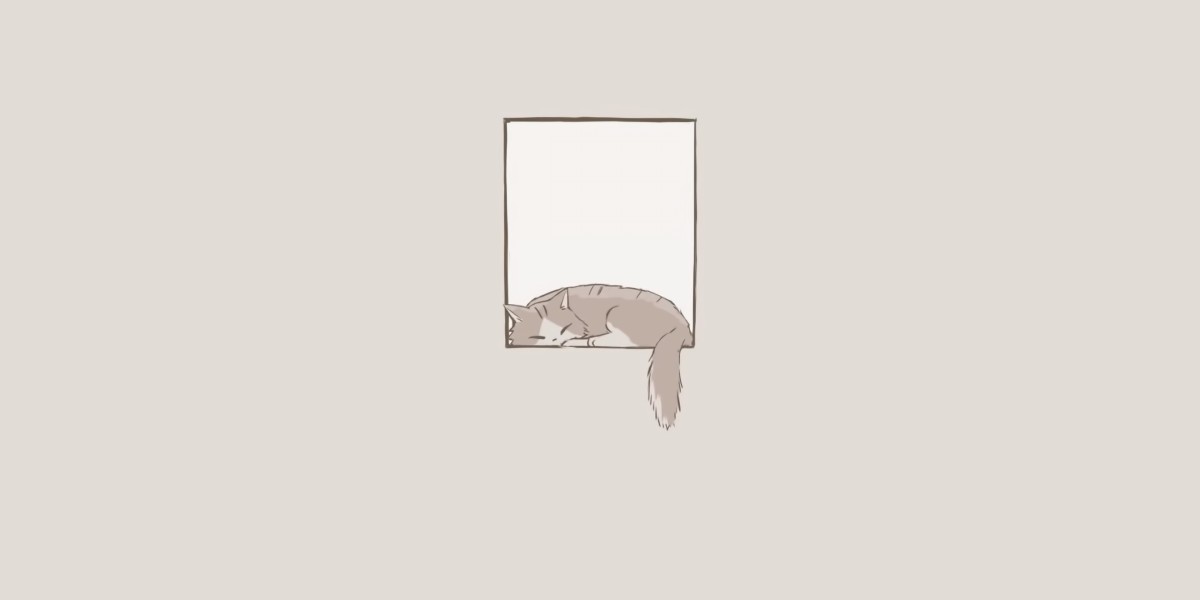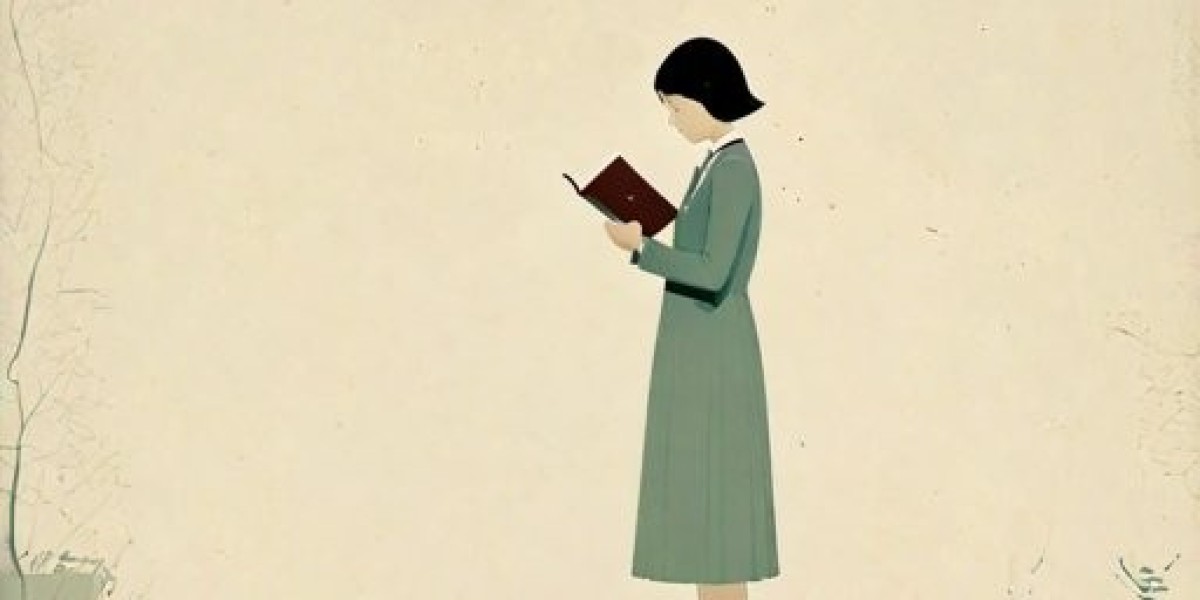Introduction:
For those seeking expert Fissure Treatment in Raipur, it is crucial to understand the underlying causes, symptoms, and the most effective treatment options available.
Causes of Anal Fissures
Anal fissures are often caused by:
- Constipation and Straining: Chronic constipation and excessive straining during bowel movements exert pressure on the anal lining, leading to tears.
- Chronic Diarrhea: Frequent diarrhea can irritate and damage the anal lining, resulting in fissures.
- Childbirth: The significant pressure during childbirth can cause anal fissures in women.
- Anal Intercourse: Trauma from anal intercourse can sometimes result in fissures.
- Underlying Medical Conditions: Conditions like Crohn's disease or other inflammatory bowel diseases heighten the risk of developing anal fissures.
Symptoms of Anal Fissures
Common symptoms of anal fissures include:
- Pain: Intense pain during and after bowel movements is a hallmark of anal fissures.
- Bleeding: Bright red blood on toilet paper or in the toilet bowl is a common sign.
- Itching: Persistent itching or irritation around the anus.
- Visible Tear: A noticeable tear or crack in the skin around the anus.
- Spasms: Muscle spasms in the anal region that exacerbate pain.
Early recognition and professional consultation are critical to prevent complications and promote healing.
Effective Treatments for Anal Fissures
There are several effective treatments for anal fissures, ranging from conservative approaches to surgical interventions. For those considering non-surgical piles treatment in Bilaspur, the following methods are often recommended.
Conservative Treatments
- Dietary Adjustments: Increasing fiber intake with fruits, vegetables, and whole grains helps soften stools and reduce straining. Adequate hydration is also essential.
- Topical Applications: Ointments containing nitroglycerin, hydrocortisone, or lidocaine can alleviate pain and support healing.
- Sitz Baths: Regular sitz baths, soaking the anal area in warm water for 10-15 minutes several times a day, can relieve pain and promote healing.
- Stool Softeners: Over-the-counter stool softeners facilitate easier bowel movements and minimize straining.
Medical Treatments
- Botox Injections: Botulinum toxin injections can relax the anal sphincter muscles, reducing pain and promoting healing.
- Prescription Medications: Calcium channel blockers or nitrates can be prescribed to relax the anal sphincter and facilitate healing.
Surgical Treatments
For chronic or severe fissures unresponsive to conservative treatments, surgical intervention may be necessary. Lateral internal sphincterotomy, which involves cutting a small portion of the anal sphincter muscle to reduce spasms and pain, is the most common procedure.
Preventive Measures
Preventing anal fissures involves adopting healthy bowel habits and lifestyle practices:
- High-Fiber Diet: Consume a diet rich in fiber and drink plenty of water to maintain soft stools.
- Avoid Straining: Refrain from straining during bowel movements by using the bathroom as soon as the urge arises.
- Regular Exercise: Engage in regular physical activity to support healthy bowel function.
- Proper Hygiene: Maintain cleanliness and dryness in the anal area.
Conclusion:
An in-depth understanding of the causes, symptoms, and treatment options for anal fissures is essential for effective management and recovery. For those seeking Fissure Treatment in Bhilai or Non Surgical Piles Treatment in Bilaspur, consulting with experienced healthcare professionals ensures the best outcomes. With appropriate care and treatment, most anal fissures can heal successfully, restoring comfort and quality of life.








